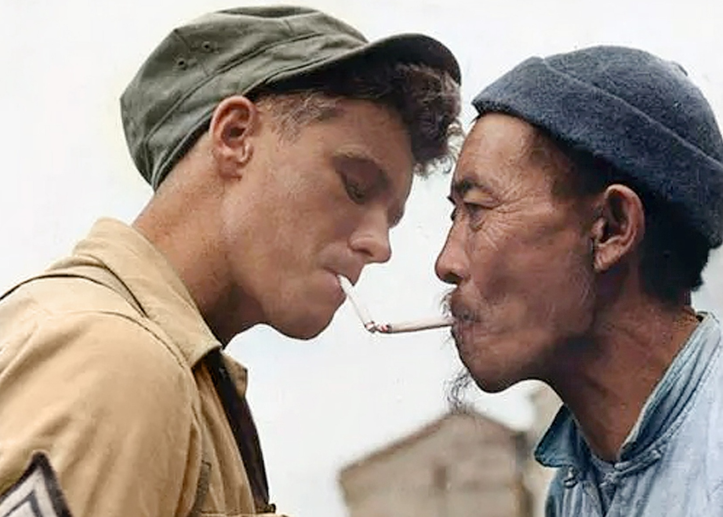
Philip Cunningham, Independent Scholar
Nov 10, 2025
The “Tengchong Resist Japan Museum” in western Yunnan, China, commemorates the 1944 battle to retake Tengchong while highlighting the sacrifices and cooperation between Chinese and U.S. forces. A famous photograph of a Chinese civilian and an American soldier sharing a cigarette symbolizes the enduring human connection and solidarity forged through wartime collaboration.
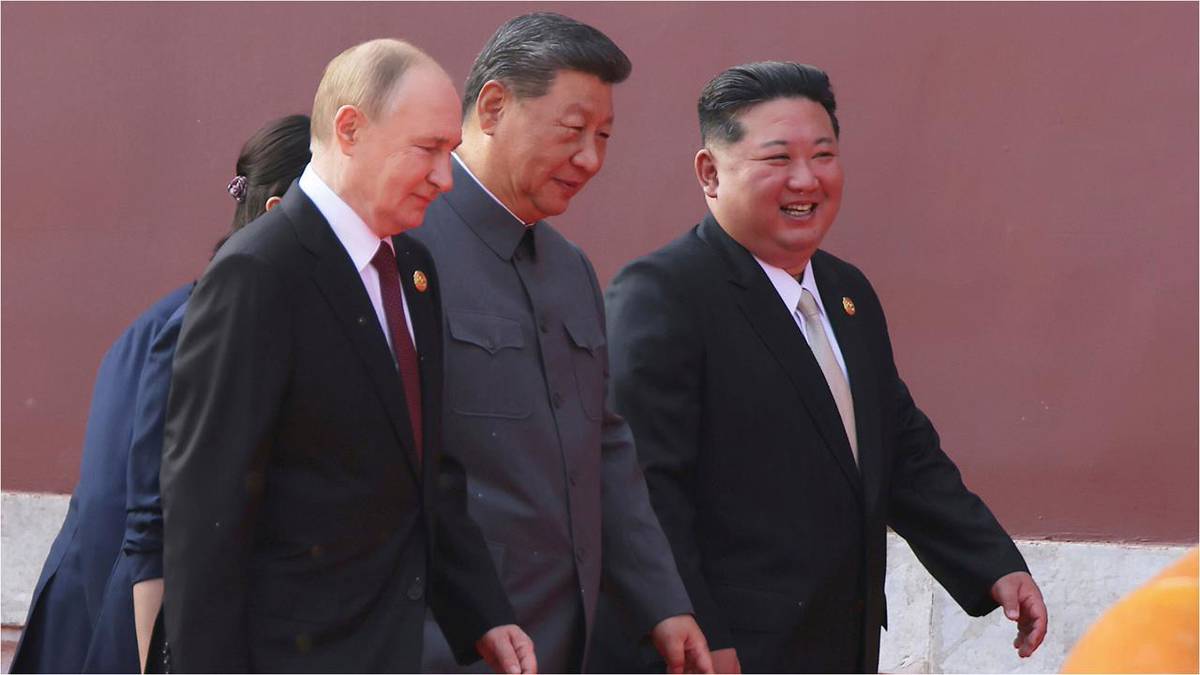
An Gang, Adjunct Fellow, Center for International Security and Strategy, Tsinghua University
Sep 30, 2025
The military parade in Beijing on Sept. 3 and the SCO summit in Tianjin elicited a profound psychological response in the United States and other Western countries. Debates over China’s strategic ascent and the prospect of a continental alignment have intensified.
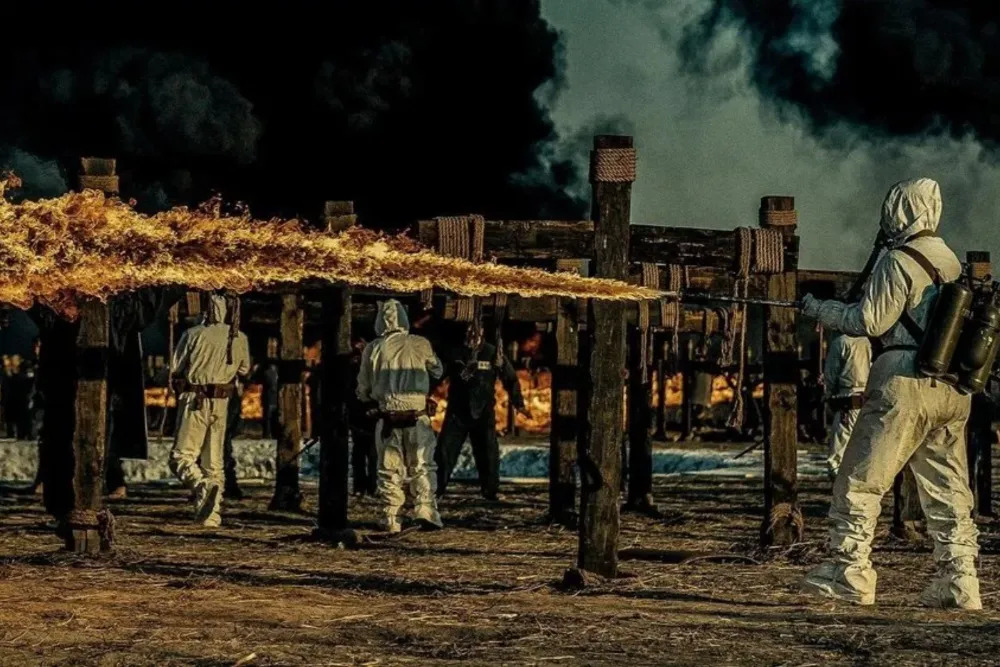
Dan Steinbock, Founder, Difference Group
Sep 26, 2025
The new film Evil Unbound tells the story of Unit 731 and Japanese biowarfare in China. How the mass murderers escaped justice with U.S. support after World War II offers lessons even today.
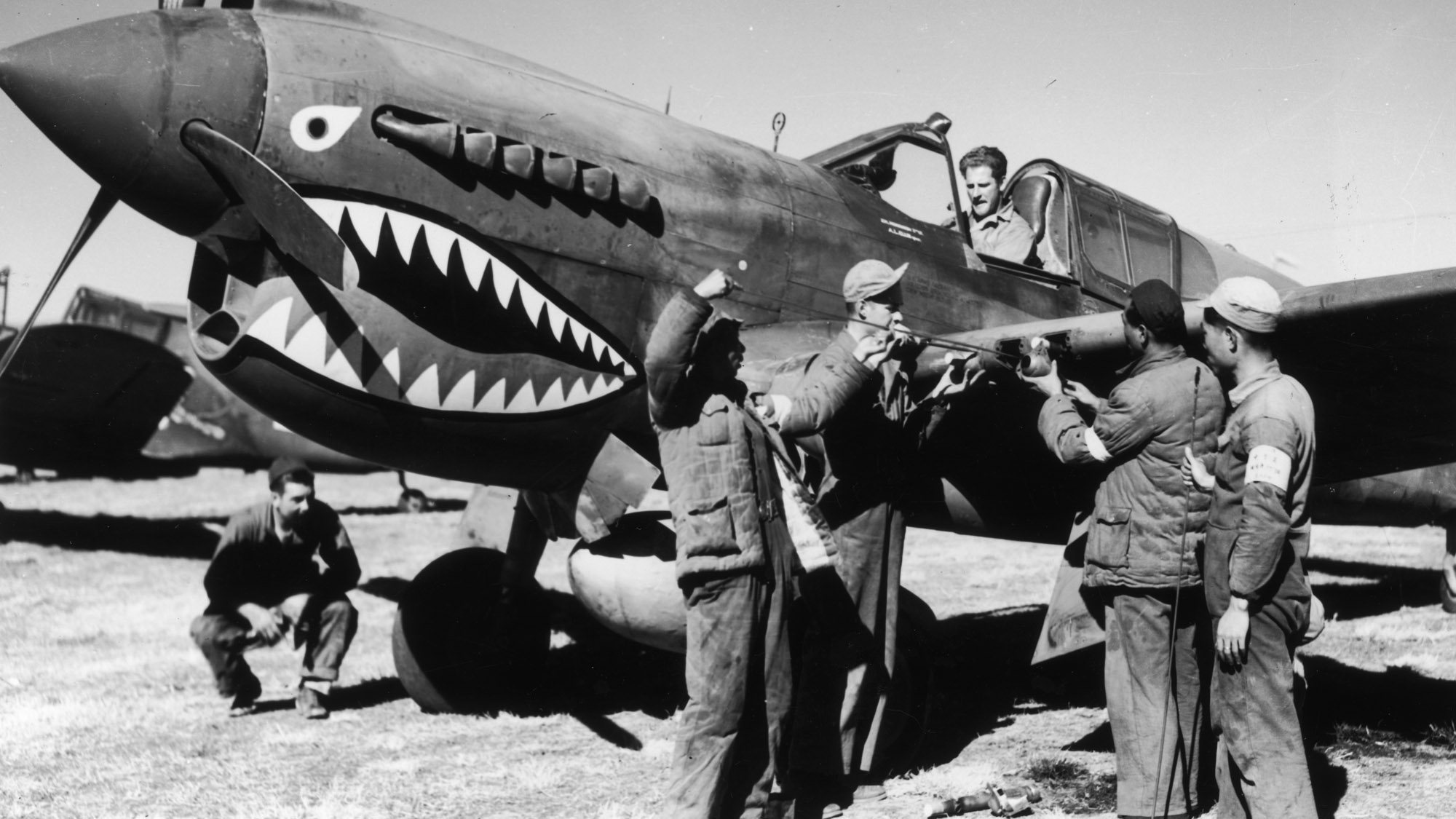
Ted Galen Carpenter, Senior Fellow, Randolph Bourne Institute
Sep 26, 2025
The conduct of the Trump administration seems to show that traditional methods of keeping up appearances of cordial relations are no longer in the playbook, threatening U.S. hegemony by sabotaging its own image.
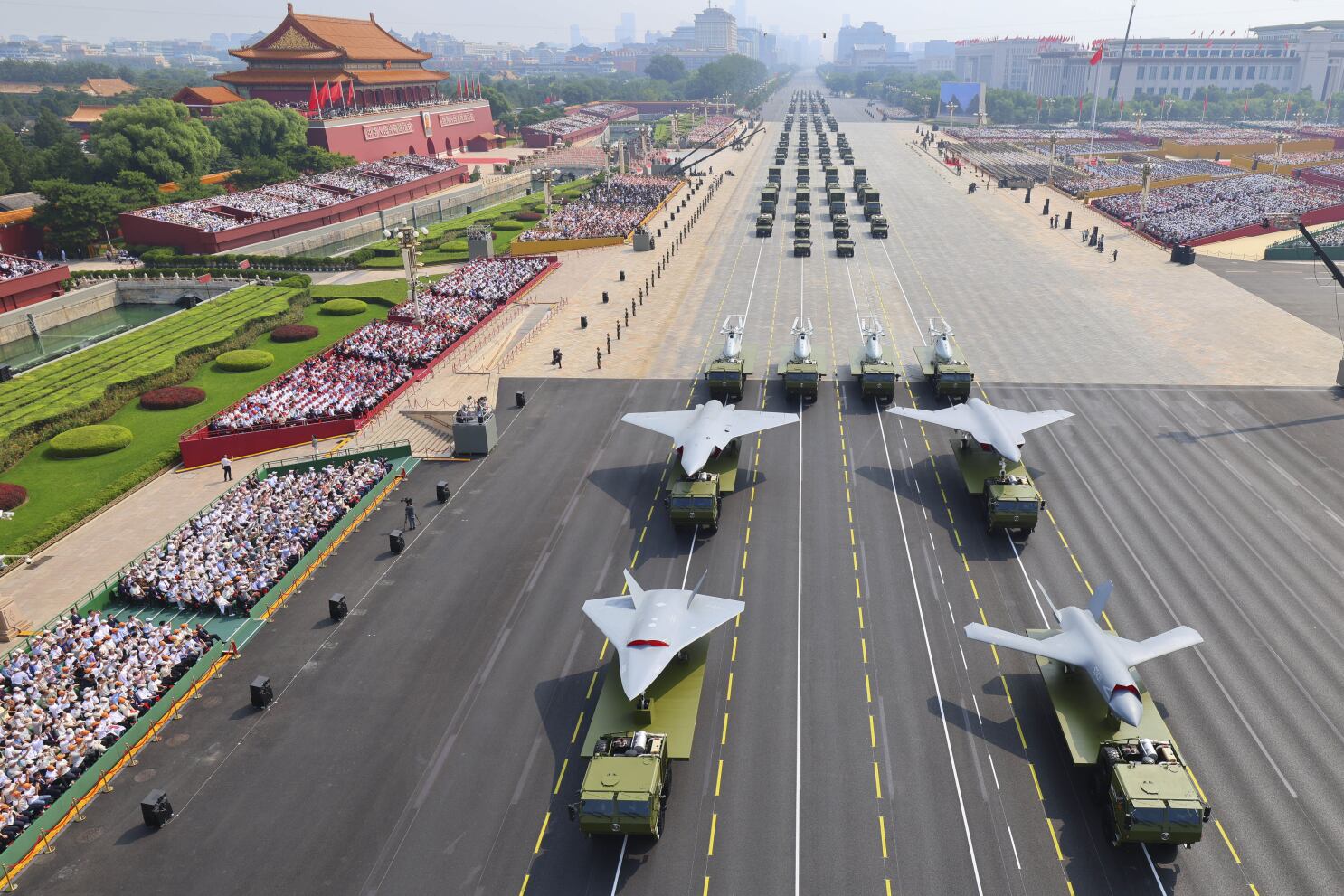
Sujit Kumar Datta, Former Chairman of Department of International Relations, University of Chittagong, Bangladesh
Sep 19, 2025
A look at the past illuminates the way forward for China and the United States. The wartime sacrifices of millions, the heroism of Chinese and American allies and the indomitable hope for peace are not ghosts but stars pointing the way forward.
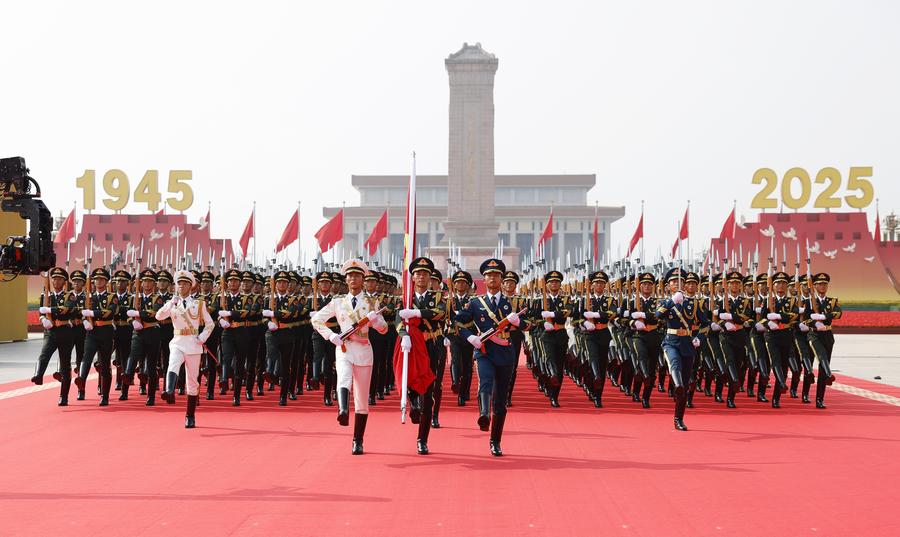
Zhang Gaosheng, Researcher at Department of World Peace and Security, China Institute of International Studies
Sep 19, 2025
The parade, which served as both a strategic warning to would-be aggressors and an implicit commitment to peace, conveyed a clear message to the world about historical justice, the current state of the postwar international order and the future direction of world peace and development.
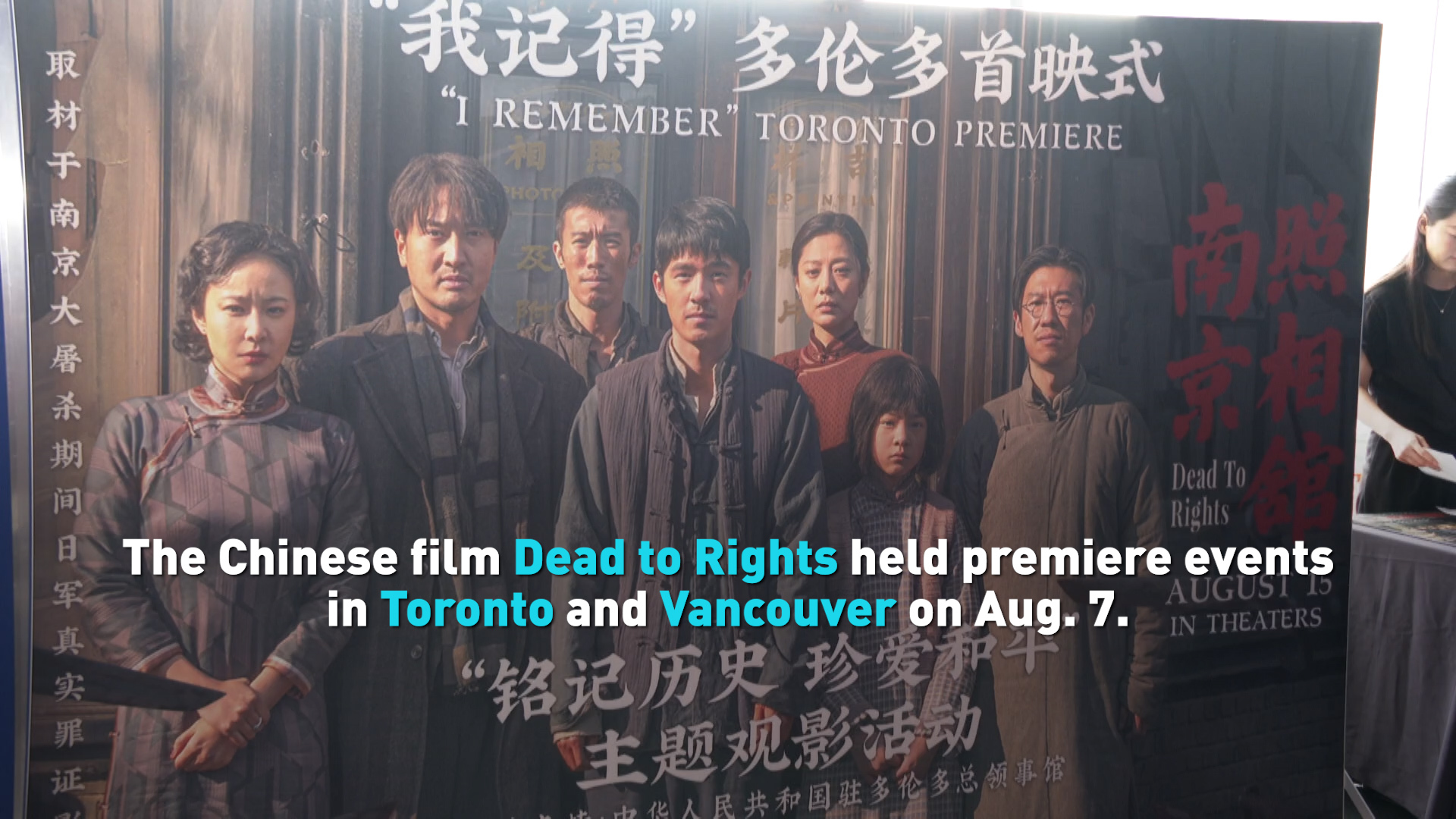
Philip Cunningham, Independent Scholar
Aug 27, 2025
Nanjing Photo Studio (also known as Dead to Rights), China’s 2025 summer box office hit, uses photography as a metaphor for history, memory, and justice during the Nanjing Massacre, with its most powerful scenes set in a portrait studio that embodies both personal dreams and collective trauma.
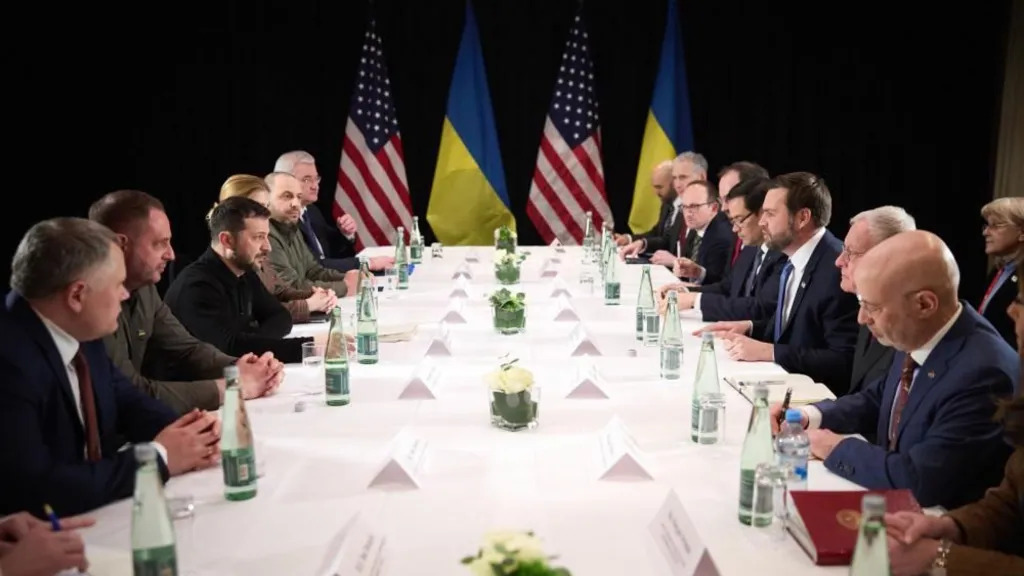
An Gang, Adjunct Fellow, Center for International Security and Strategy, Tsinghua University
Feb 25, 2025
If Europe fails to awaken and respond to its humiliating rejection by the United States, it will lose not only its seat at the table for Ukraine-Russia peace talks but also its status as a leading player in the future multipolar world.
Zhu Junwei, Director, Center for American Studies, Grandview Institution
Dec 24, 2024
It’s no longer just a movie: The risk of a nuclear accident, mistake or blunder that escalates into war is a tangible reality. U.S.-China engagement is urgently needed and could produce more stability and sustainability than many other areas of cooperation in the face of new and evolving nuclear risks.
Vasilis Trigkas, Visiting Assistant Professor, Schwarzman College, Tsinghua University
Aug 30, 2024
There are parallels between the historical lessons of World War I and the current era of hegemonic transition, with China's 10 years old proposal of the "New Type of Great Power Relations" still offering a framework for navigating U.S.-China relations. Ultimately, strategic dialogue and cooperation between great powers is of utmost importance to avert great power conflicts.
Back to Top

- China-US Focus builds trust and understanding between the U.S. and China through open dialogue among thought leaders.
- Our Offerings
- Topics
- Videos
- Podcasts
- Columnists
- Research Reports
- Focus Digest
- Stay Connected
-
Thanks for signing up!
- Get the latest stories from China-US Focus weekly.